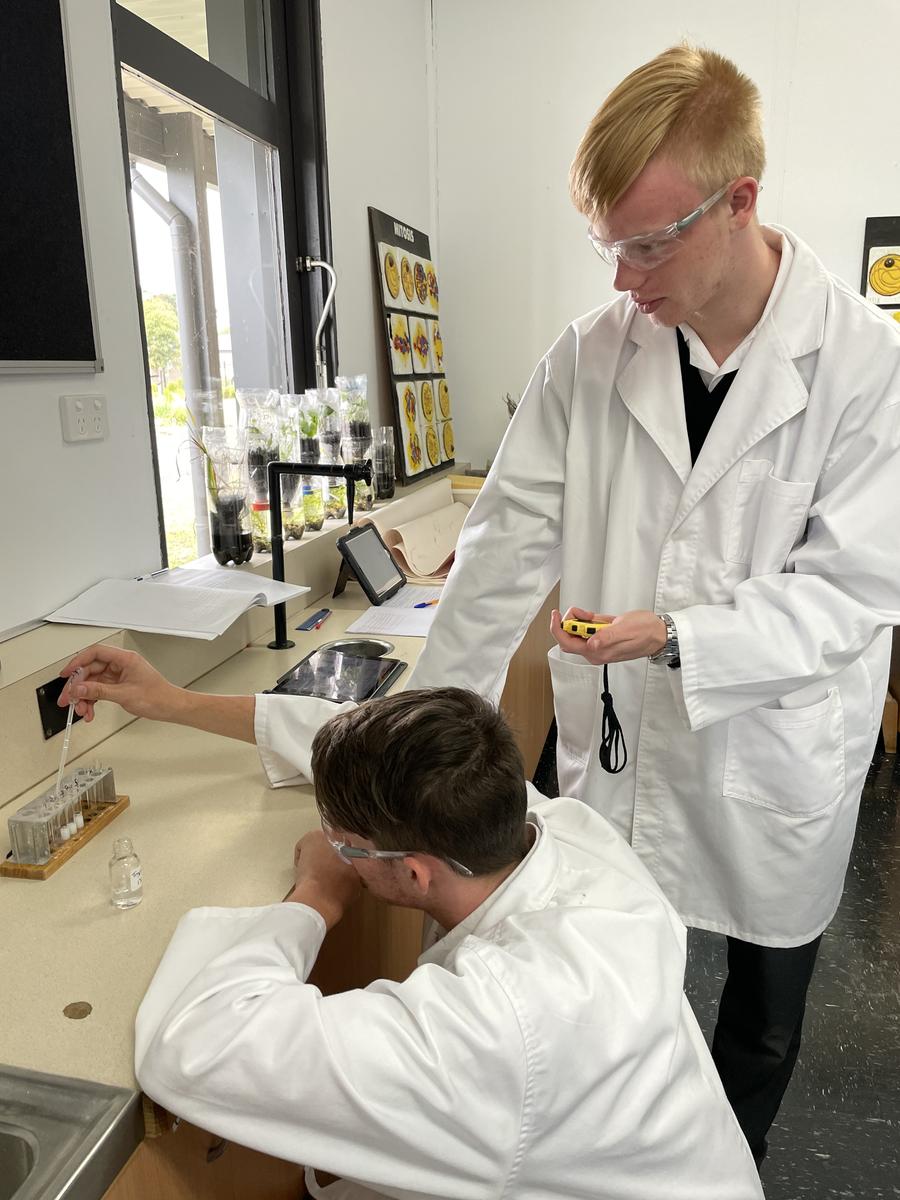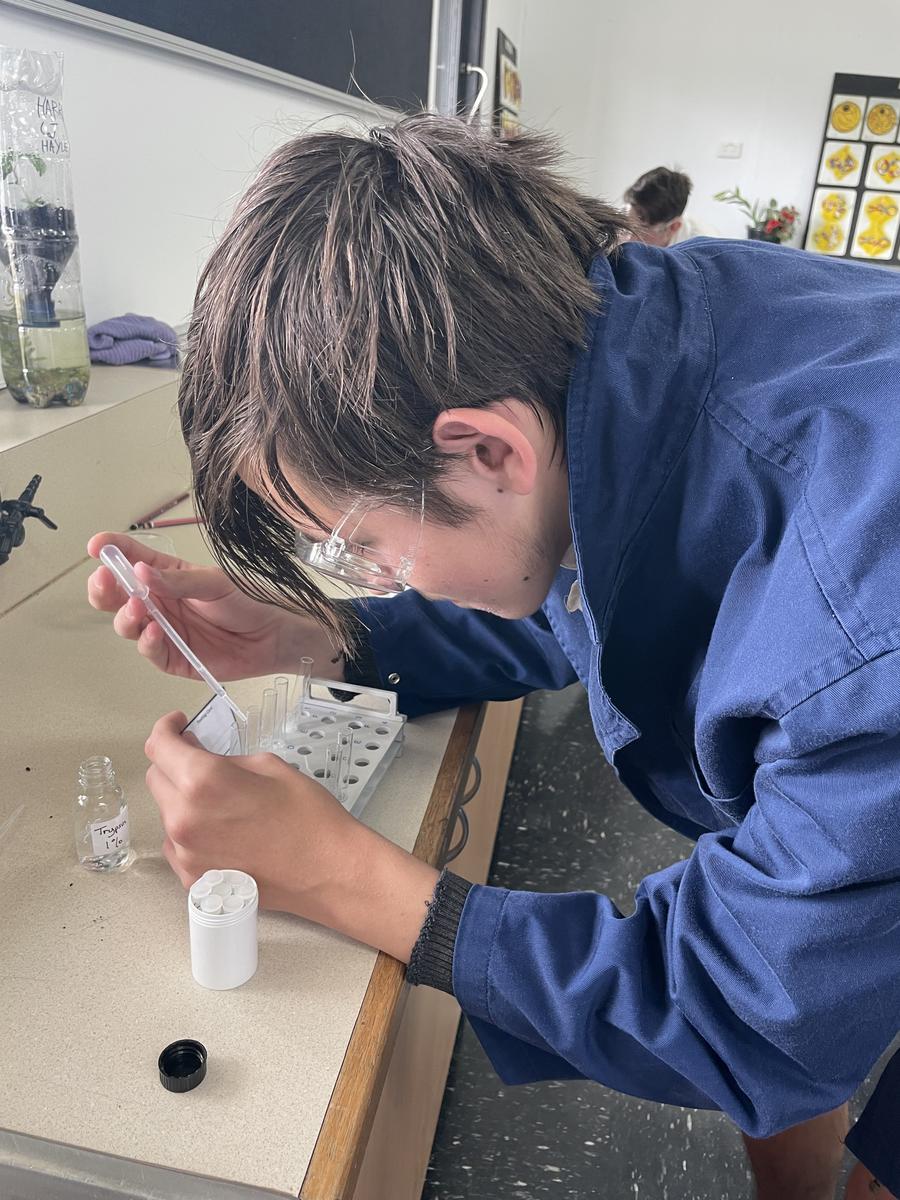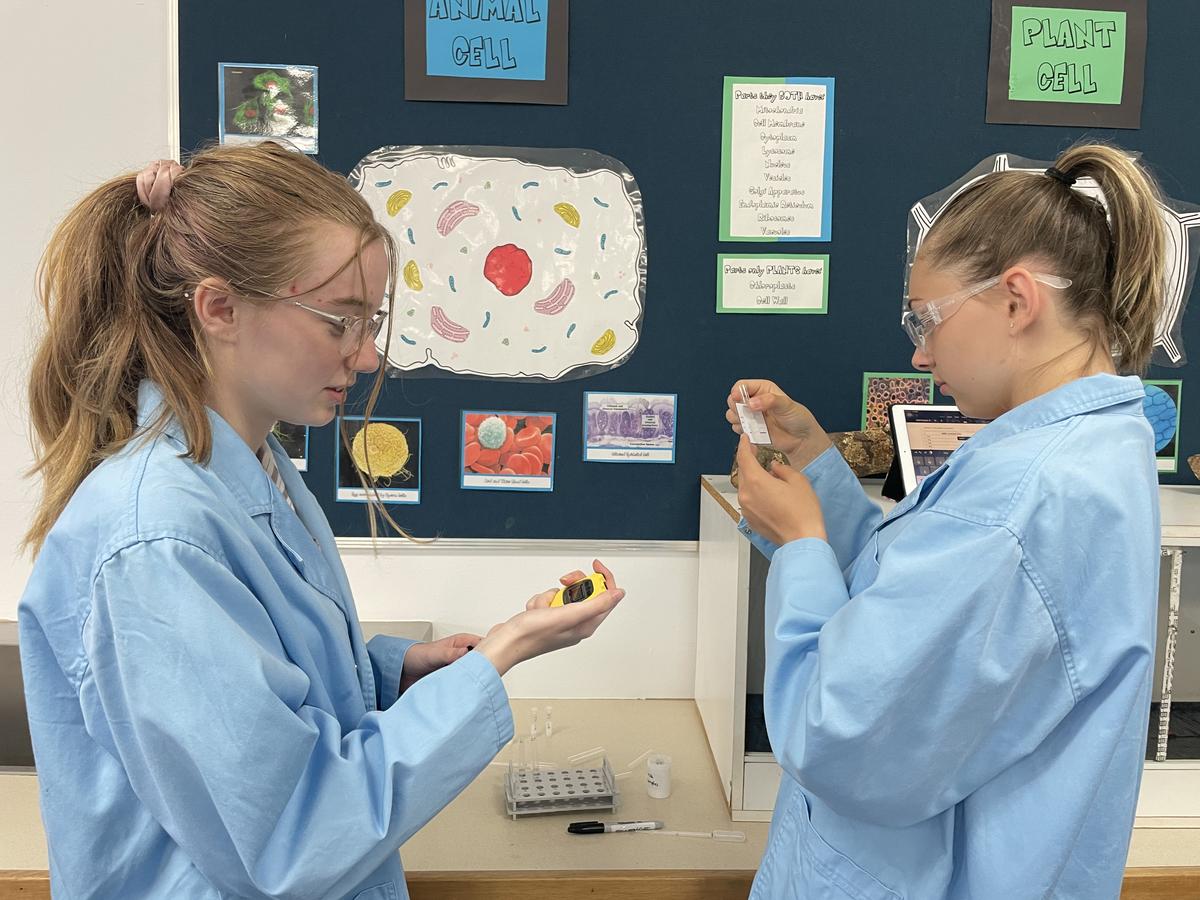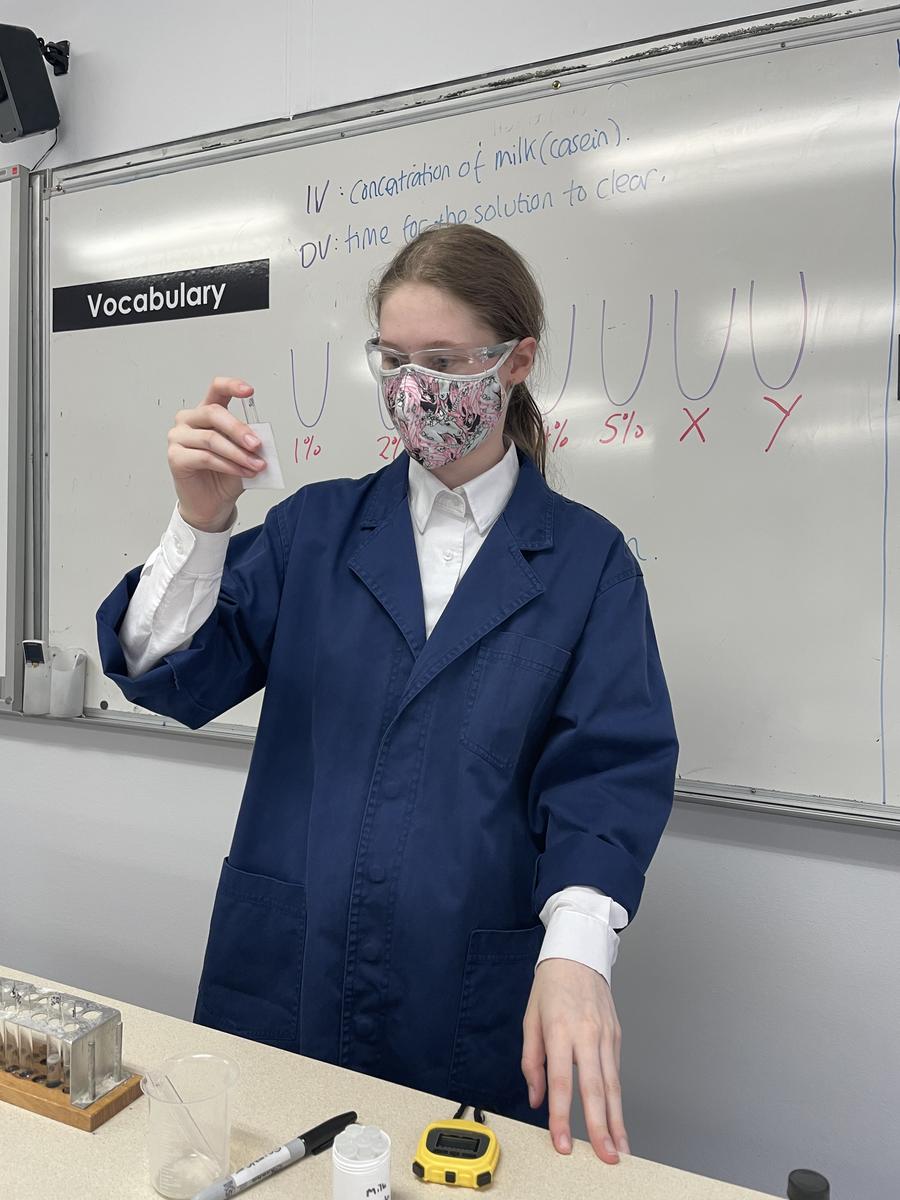Senior School Report

Senior School Report
Term Break Homework and Revision
The term break provides the opportunity for important leisure, rest and family time; however, it is also important for Senior school students to continue their study habits and a study routine to consolidate their knowledge and skills in preparation for Term 2 and their upcoming assessment tasks.
Students need to complete their set term break homework tasks and home study / revision. Students must ensure all notes, chapter summaries and other tasks are fully completed and that they revise the topics that were covered during Term One. VCE students should review the key knowledge and key skills of the outcomes studied thus far with a particular focus on the areas they found more challenging and need more practice on. The key knowledge and skills for each VCE study have been provided by teachers and are also available from: https://www.vcaa.vic.edu.au/curriculum/vce/vce-study-designs/Pages/vce-study-designs.aspx
Year 12 and Year 11 students studying a VCE Units 3 & 4 subject can also start looking at VCE end of year exam questions. Students can access past exams (and examiner reports) and look through these for questions based on the outcomes that they have already completed. Past exam papers can be accessed from: https://www.vcaa.vic.edu.au/assessment/vce-assessment/past-examinations/Pages/Index.aspx
VCE
The vast majority of VCE subjects have now had at least one school-based assessment. A reminder that on the day of an assessment task or redemption task, students are expected to attend every lesson on their timetable prior to the assessment. If a student is ill and unable to attend school on the day of an assessment or redemption task, a valid medical certificate must be provided immediately on return to school before the student will be allowed to undertake an alternative assessment task. Medical certificates must be handed to the Head of Senior School (Mr Tony Stirling) to apply for an extension.
Year 11 and 12 VCAL
The Victorian Certificate of Applied Learning (VCAL) is a senior secondary certificate that provides students with practical work-related experience, as well as literacy and numeracy skills that are important for life and work. Like the VCE, the VCAL is a senior secondary qualification and a pathway to many careers and future education.
Our Year 12 VCAL students are completing the senior level where much of the learning is autonomous in regard to planning and work activities but conducted under supervision. Knowledge and employability skills development leads to a high level of interpersonal skills, independent action and achievement of tasks that require decision making and leadership. Our Year 11 VCAL students are completing the intermediate level certificate that involves work conducted under supervision and reasonably self-directed in regard to planning and work activities.
Recently our Year 11 and Year 12 VCAL students have been involved in teamwork tasks involving peer assessment and support. For example:
- Our Year 12 students recently prepared professional presentations on a career and presented these to the Year 11 students who learned about the careers and assessed the Year 12 students providing advice on areas for improvement.
- In preparation for the Rotary Club mock job interview program in May, our Year 11 VCAL students completed a practice job interview conducted by the Year 12 VCAL students who provided advice to improve job interview skills and answers to job interview questions.
Senior School staff
The Senior School co-ordination team is committed to provide the highest level of service and support to students and parents / carers. Parents / carers are welcome to contact their child’s co-ordinator should they have any questions or concerns throughout the year.
Mr Tom Santos- Year 10 Co-ordinator
Mr Jake Barnett- Year 11 Co-ordinator
Ms Vicki Manioudakis- Year 12 Co-ordinator
Mr Tony Stirling
Head of Senior School
Senior School Biology
Last week the Senior Biology students participated in their second practical investigation (to assist them with preparation for their first Outcome for this course). They investigated enzymes and factors affecting enzyme activity by using an enzyme that we have in all of us – Trypsin! (This enzyme is found in the small intestine and is responsible for breaking down casein – a protein found in milk – into amino acids that the body can then use for various functions).
Students had to carefully measure small amounts of milk and enzyme (using a 1mL pipette) and then observe the effect that using different concentrations of milk had on enzyme action. The milk samples turn clear when the enzyme (trypsin) is at work so this is how the students were able to measure enzyme activity.
This practical exercise gave students the opportunity to learn some fine motor skills in measuring very small amounts of solution (1mL and 0.5mLs of liquids) as well as getting them to follow correct experimental procedure.
As always, all students were engaged and completed this practical really well. We all came across some errors in this particular experiment which was excellent because it gave us lots to talk about!
Well done Biologists!
Ms Rooke





